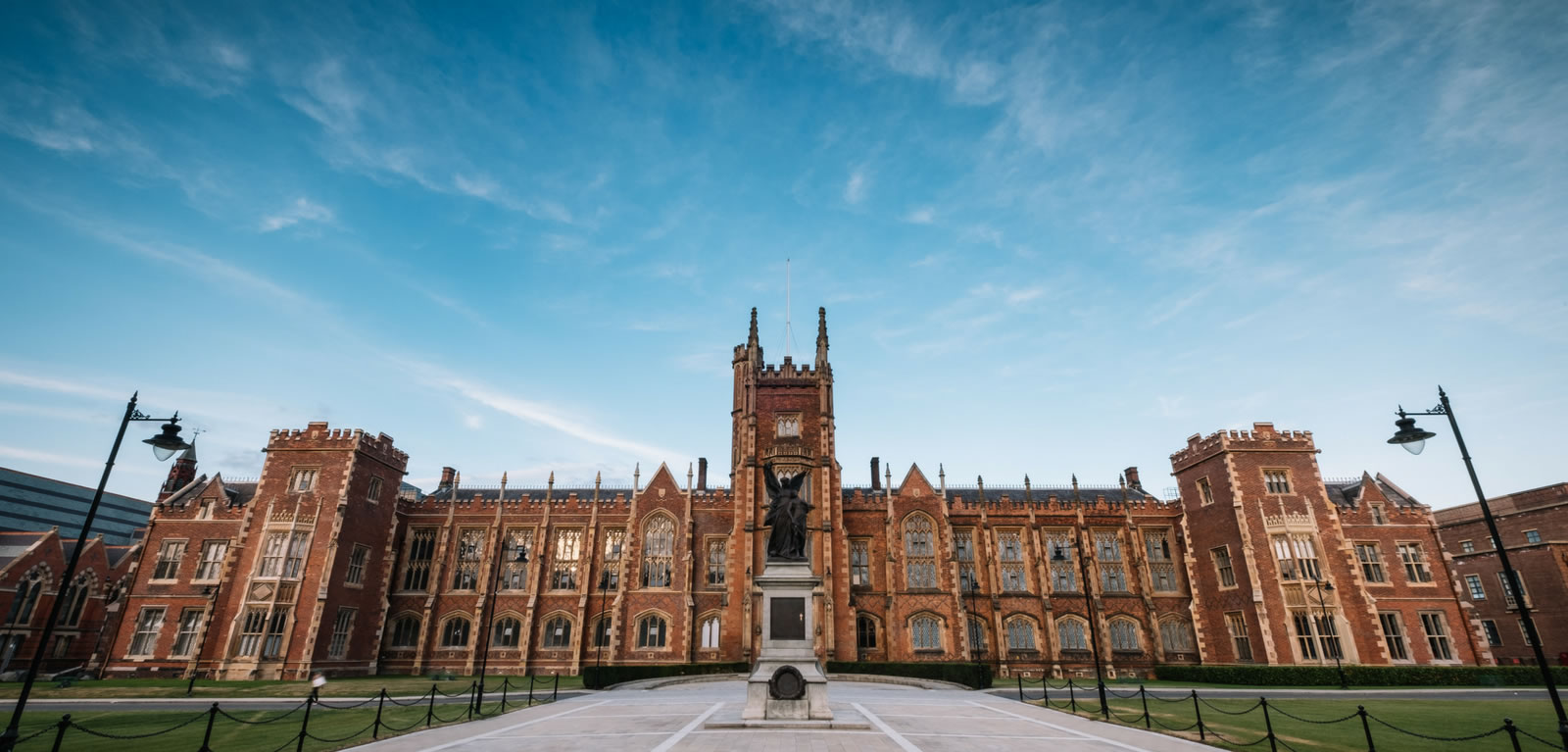Queen’s University hosted virtual conference ‘Sensing Divisions’
The School of History, Anthropology, Philosophy and Politics, and the Senator George J. Mitchell Institute for Global Peace, Security and Justice at Queen’s recently hosted a virtual conference exploring human divisions in society.

The conference, entitled ‘Sensing Divisions’, investigated the nature of troubling and persistent divisions in human societies that often keep societies from producing stable governance.
The virtual event took place from 21-22 May 2020 and was organised by anthropologist, Dr Maruška Svašek from Queen’s, and historian, Professor John Connelly, from the University of California at Berkeley. Professor Connelly was based at Queen’s as Fulbright Fellow from January - April, 2020.
The conference was originally to be a global interdisciplinary event taking place on the Queen’s University campus which then was adapted to become a digital event due to the COVID-19 pandemic.
Over 150 delegates from countries across the world joined in via Zoom to discuss the theme of ‘Sensing Divisions’ as sixteen speakers explored historical and current tensions in Australia, Austria, Turkey, Greece, India, Nigeria and Northern Ireland.
Professor Connelly, who presented the conference Key Note entitled ‘Europe’s Most Divided Society: Austria, 1882-Present’, from his home in Berkeley, regretted having had to return to the US. He commented: “My three months in Belfast brought me more intellectual stimulus than I have experienced in many years, especially on the intersection of questions of identity and democratic rule, and I was delighted that the "conversation" could continue in this venue, not as a substitute for a traditional workshop, but rather a valuable complement.”
Speaking about the event, Dr Svašek commented: “It was a great opportunity to listen to a diverse range of papers by political scientists, anthropologists and historians. While some contributions were by established academics, several PhD students from the School of History, Anthropology, Philosophy and Politics presented their work as well’
“The digital format had several advantages. As travel and accommodation were not required, the conference attracted a large group of virtual attendants with varied backgrounds, including academics, people working for NGO’s, people with specific regional interests, and prospective students.”
ENDS...
Media
Media inquiries to Zara McBrearty at Queen's Communications Office on Tel: 07795676858 or email z.mcbrearty@qub.ac.uk